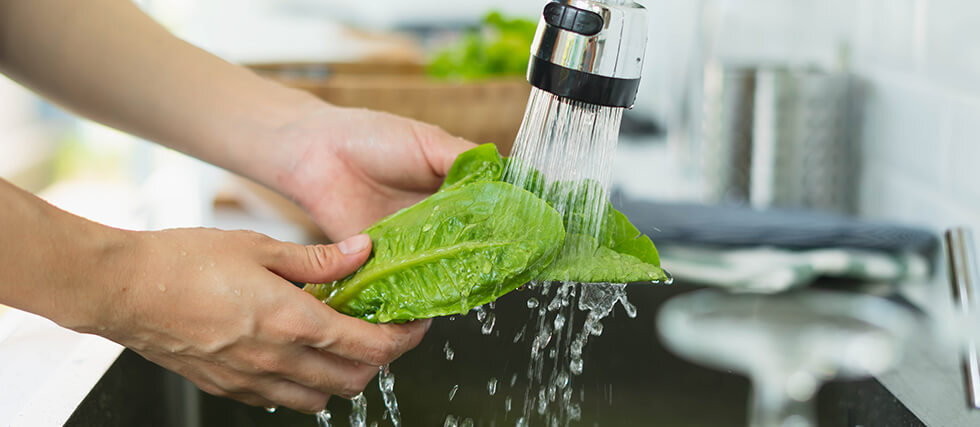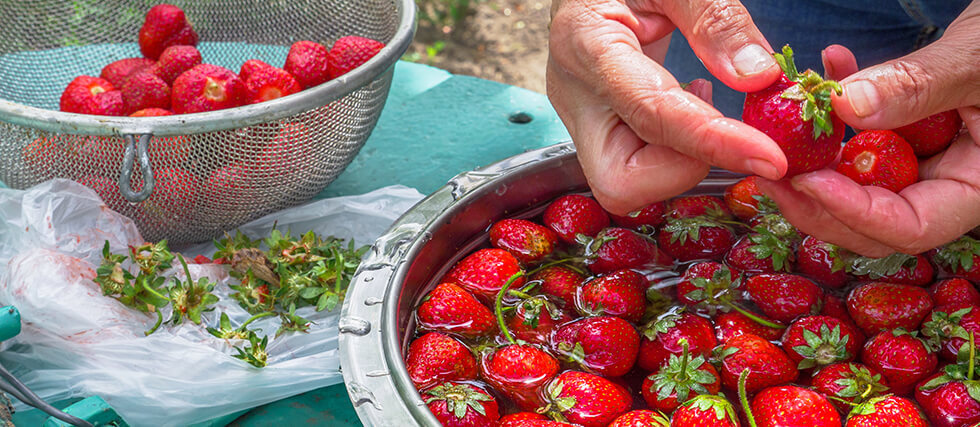When Washing Your Greens Causes More Harm Than Good
When it comes to washing produce, it’s second nature to rinse fruits and vegetables to remove dirt, bacteria, and other unwanted residues. But what about lettuce or leafy greens labeled “pre-washed” or “ready-to-eat”? Do you still need to rinse them?
According to registered dietitian Bridget Wood, the answer depends on what the packaging says. If the label doesn’t specifically say the greens are “pre-washed,” then it’s a good idea to give them a rinse before serving. This helps remove any lingering dirt or potential pathogens.
However, if the packaging clearly states that the greens have been pre-washed or triple-washed, rinsing again isn’t necessary—and could introduce more risk than it removes. Pre-washed greens are cleaned in controlled environments that limit cross-contamination. Once you open the package and bring them into your home kitchen, you expose them to surfaces, sinks, and tools that might not be as sterile. The USDA agrees that pre-washed greens are safe to eat straight from the package without additional washing.
The key is to read the label carefully. If it says “pre-washed” or “ready-to-eat,” you’re good to go. But if it says “wash before use,” or there’s no indication either way—especially if it’s from a farmer’s market—it’s best to rinse thoroughly.
If you do rinse, clean your hands, sink, surfaces, and any tools (like salad spinners) beforehand to avoid contamination. Separate the leaves, rinse under cold water, and pat dry or spin to remove excess moisture.
Bottom line: trust the packaging. When in doubt, wash—but when it says “pre-washed,” skip the sink and enjoy your salad safely.




